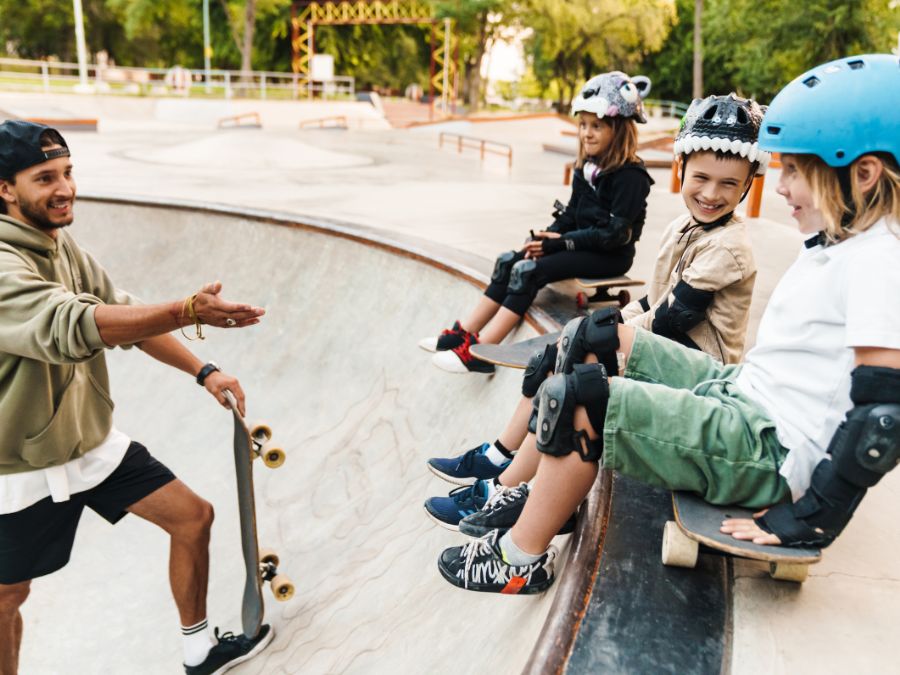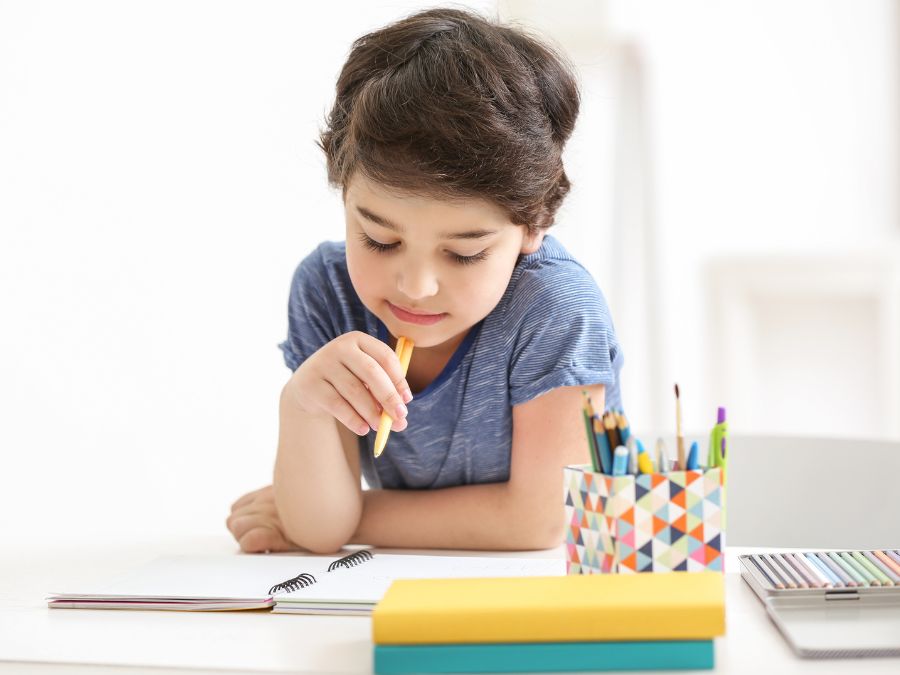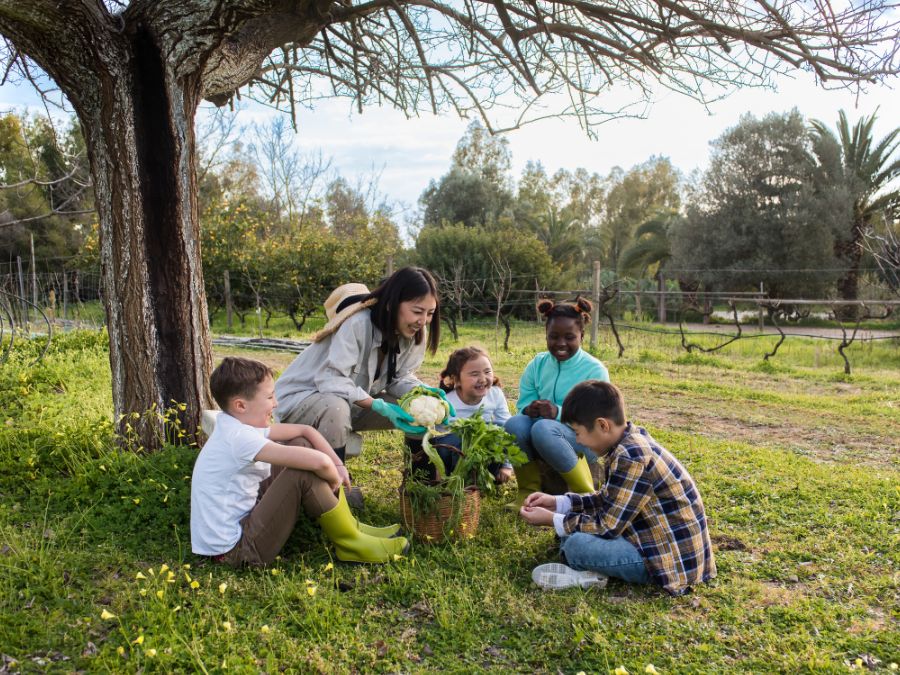
Throughout the Week of HOPE, we will be sharing stories of practicing the HOPE framework. The interview below with Dave Cosgrove and Patrice Baker shares an amazing story about practicing HOPE through community action and the creation of a new skatepark in Portsmouth, New Hampshire. Learn more about the different ways to practice HOPE during our 3rd Annual HOPE Summit, and check out the HOPE Blog throughout the Week of HOPE as we post more examples of practicing HOPE.
Please introduce yourselves to our readers.
My name is Dave Cosgrove, and I currently co-chair a committee to bring an action sports park (aka “skatepark”) to the city of Portsmouth, New Hampshire. I consider myself a late bloomer when it comes to social and civic engagement; however, I hope to serve as an example that it is never too late to make a difference in the lives of young people.
I started skateboarding actively at the age of 13 and quickly fell in love with all that the activity offered; a sense of community, physical activity, artistic expression and a nearly infinite canvas of “tricks” to progress through. As a teenager in the Northeast during the mid to late 1980s, there were virtually no skateparks in the area. So, my friends and I were forced to look at the town and city landscapes creatively to find those structures that were most enjoyable and challenging to skate.
While I was not fully aware of how skateboarding benefited me at the time, I can easily reflect now and see how the lifestyle provided a positive outlet to escape an often toxic home life. My fellow skateboarders became my chosen family, and we learned from each other and supported each other in ways that could not be satisfied for me at home. Over three decades later, many of those friends are still a part of my life today and I am truly grateful.
My name is Patrice Baker, and I am the Director of Prevention Programs for Pinetree Institute. At Pinetree, our key focus is addressing the impact of Adverse Childhood Experiences (ACEs) through trauma responsive approaches. We do this by assisting communities in creating collaborative solutions to promote resilience and improve the health, happiness, and quality of life for the current generation and beyond.
One of our projects is convening and facilitating the Greater Portsmouth Youth Wellness Coalition, which is where I met Dave. I am a Trained Facilitator for HOPE, and the Hope framework really guides my thinking and my work around prevention efforts. At one of our Coalition meetings, Dave shared all the wonderful work he has been doing to establish a Skatepark, and I was amazed at how perfectly that effort lines up with the positive childhood experiences research…it is such a great example of HOPE in action!
How did the idea for the skatepark project come about?
Dave: The idea for the Portsmouth Skatepark surfaced in 2020, as a result of two local high school seniors approaching a City Council member to improve an existing, small and outdated park that was built over 20 years ago. The City Council member brought the ask forward to our mayor at the time, who, in turn, contacted me to help lead a committee effort to address the needs of the local skateboarding community. The mayor was aware of my skateboarding background. We had collaborated in the past on various city matters. So, he had a degree of confidence that I could help address the needs of our community.
My immediate approach to this project was to think beyond the existing park improvements that the teenagers requested, and to dream bigger. While the existing park served an immediate need at the time, I knew that a professionally designed and constructed park is what the city as well as the broader New Hampshire seacoast region, needed and deserved. Also, I knew that investing in an old design with deteriorating prefabricated structures was not a wise use of residential tax revenues nor other sources of funding. Furthermore, a private, professional grade regional skatepark had just recently closed early during the COVID-19 pandemic, and I knew that a massive vacuum had been created in the regional skateboarding community. While I could have opted to focus on a smaller park for primarily Portsmouth residents, I knew that our city could literally pave the way to satisfy a regional need and attract action sports enthusiasts from our local region and beyond. We are currently on track to break ground for the new park in the summer of 2023, which happens to coincide with Portsmouth’s 400th anniversary of incorporation.
What made you feel like this skatepark would be important for your community?
Dave: The skatepark will immediately provide a physical homebase for regional action sports enthusiasts to come together to enjoy their chosen activities, and further build a sense of connectedness and community. This new facility will be free to use and has been designed to accommodate riders of all abilities, from beginner to advanced. Our goal is to make the park accessible, safe, and comfortable for all regardless of gender, race, age, economic means; this has been a goal of the Portsmouth Skatepark Committee from the beginning for this future park.
Historically, Portsmouth, like many municipalities, has primarily catered to more organized “traditional” sports. However, city leadership fortunately appreciated that there was a major gap in our city’s recreational portfolio. Two consecutive mayors and city councils have enthusiastically supported our committee’s efforts. To say that our community is fortunate is an understatement, and we are eternally grateful that city leadership and staff have not wavered in their desire to bring this park to fruition.
How does the installation of this skatepark interact with the Four Building Blocks of HOPE?
Relationships (Dave): If you have ever visited a skatepark, it is quite common to see peers supporting peers. Support can range from teaching a new found friend a trick, to celebrating their successes. While there can be some level of competition, my experience has been that it is usually friendly and healthy in nature, and riders often celebrate the successes of their fellow riders regardless of what level they might be. Everyone was a beginner at one time, and riders appreciate that progression can be quite challenging. Having the emotional support of fellow riders is often a significant confidence booster. Friendships invariably form at a skatepark and can last a lifetime.
Environment (Dave): The Portsmouth Skatepark was specifically designed to be a safe space that is able to accommodate different modalities of activities (e.g. skateboarding, scooter riding, roller skating, etc..) as well as support participants of all skill levels. In other words, accessibility was a primary goal of the park from the outset. For those who might not be able to afford equipment, the Portsmouth Skatepark committee members have worked with equipment manufacturers, local retail shops, and private donors to ensure that all can participate, and financial cost is not a barrier to participation. There has been talk about forming a 501C3 [nonprofit organization] to more formally address the equipment needs in our community.
(Patrice): I also like that the Skatepark provides a place for unstructured “play.” Although, I do not think teens would use that word to talk about the Skatepark, we know that play supports healthy development in so many ways– it helps build communication skills, problem-solving, conflict resolution, grit and perseverance, and emotional regulation, to name just a few things.
Engagement (Dave): All too often skateboarders are relegated to underground and frankly illegal places. The construction of a dedicated park sends a clear message to skateboarders and other action sports enthusiasts that their activity and lifestyle are valued by the community, and they do not have to only ride “in the shadows” of our community.
(Patrice): The Skatepark also helps kids develop their “sparks;” those things that light a fire inside of us. Developing and pursuing a passion, like skateboarding, is so important, and is actually a protective factor that leads to more resilience and thriving in youth. The Skatepark opens up an opportunity for more kids to find and pursue a passion, and for adults to support and encourage this process.
Emotional Growth (Dave): Invariably, it can take dozens of attempts for a rider to succeed at completing a maneuver or “trick”. Falling is commonplace and is a natural part of the progression toward a goal. As a result, riders learn to become resilient in their pursuit and this undoubtedly carries over into other aspects of their lives where perseverance is critical.
(Patrice): I love this point! If we want our kids to learn to handle disappointment and failure in life, we need to allow them to “practice” feeling disappointed, and to struggle. Skateboarding offers many opportunities to young people to find the courage to try something new, to fail, to get back up, and to try again. It also invites them to help others and to accept help from others– important life skills.
Is there anything you would like to share that we have not discussed?
Dave: From the beginning, this has been a passion project for me. I often think about other young people suffering now in toxic home environments and know that this park will create positive experiences for them. Skateboarding provided a healthy outlet for me and desperately needed friendships during a time that was particularly tumultuous at home. Knowing that this new park will yield similar benefits for so many young people has made this the most rewarding volunteer work of my lifetime. Helping lead this effort has truly been an honor, and it has provided deeper meaning in my own life that I truly needed during the global pandemic. Outdoor recreational spaces are more important now than ever before.
Patrice: The level of interest in the Skatepark and the community support for the project gives me such a sense of hope and optimism. All of the research around positive childhood experiences tells us that our actions really matter. When communities come together and create access to the Building Blocks of HOPE– the way Portsmouth is doing with the Skatepark– we can make a difference in the lives of young people. It is the best feeling!


